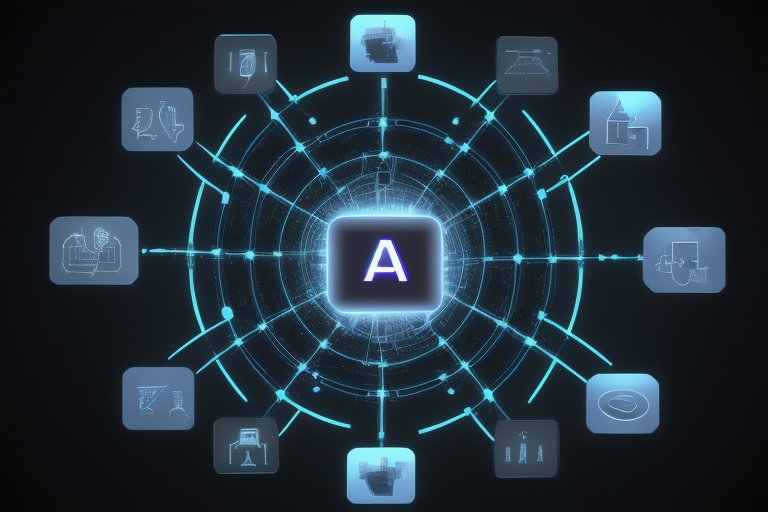The field of Artificial Intelligence (AI) is undergoing rapid transformation, influencing myriad sectors and offering the potential to drastically alter the trajectory of our daily experiences. At the crux of this evolution is AI’s capacity to emulate cognitive functions we associate with the human mind—learning, reasoning, problem-solving and perception, to name a few. The ability of machines to mimic these abilities stems from intricate algorithms and data processing, allowing them to assimilate knowledge and refine their operations over time.
The field of Artificial Intelligence (AI) is undergoing rapid transformation, influencing myriad sectors and offering the potential to drastically alter the trajectory of our daily experiences. At the crux of this evolution is AI’s capacity to emulate cognitive functions we associate with the human mind—learning, reasoning, problem-solving and perception, to name a few. The ability of machines to mimic these abilities stems from intricate algorithms and data processing, allowing them to assimilate knowledge and refine their operations over time.
By dissecting recent progress in AI such as Apple's Vision Pro, the language model ChatGPT, and innovative platforms like the Temu shopping app, we gain insight into the sheer versatility of AI applications. This technology isn’t merely reshaping industries; it's redefining the capabilities of our smartphones, altering the landscape of the gaming sector, and bringing a futuristic touch to our homes.
Yet, the tendrils of AI stretch far beyond the confines of our living rooms. Healthcare, finance, transportation, and energy sectors are all witnessing the groundbreaking impact of AI. With this promise, however, comes a weighty responsibility to navigate the ethical terrain that underpins AI’s integration into society. By ensuring a principled approach to the development and deployment of these technologies, we strive to harness the benefits whilst mitigating potential risks.
Our series promises to delve into these nuances, examining not only the multifaceted influence of AI but also its trajectory for the future of technology. Join us as we uncover the compelling dimensions of AI that continue to redraw the boundaries of what’s possible.
Bing Chat: A New Frontier in AI Chatbots
Microsoft’s foray into the world of AI chatbots with Bing Chat represents a significant leap forward in this domain. Bing Chat distinguishes itself by incorporating OpenAI's GPT-4, a leading-edge language model known for its impressive abilities in generating human-like text. But Microsoft doesn't rest on its laurels; the tech giant is steadfast in its commitment to evolving Bing Chat through consistent updates.
What sets Bing Chat apart is its facility to process diverse forms of input—be it text or images—showcasing its flexibility and depth of understanding. When it comes to delivering comprehensive responses, Bing Chat excels by offering not just information but also the sources of its knowledge through a handy footnotes feature. This specificity ensures that users have access to reliable data to back up the insights provided by the chatbot.
Accessibility is at the heart of Microsoft’s vision for Bing Chat, with the service being open to all, whether they hold a Microsoft account or not. This inclusive approach guarantees that anyone curious about the possibilities of AI will have the chance to interact with this sophisticated tool.
As the realm of AI burgeons, Bing Chat is poised to influence the advancement of chatbot technology significantly. Microsoft's unwavering dedication to improving this AI-powered assistant means that Bing Chat is not just a current marvel but also a harbinger of the potential that AI holds for the future.
Information for this article was gathered from the following source.




